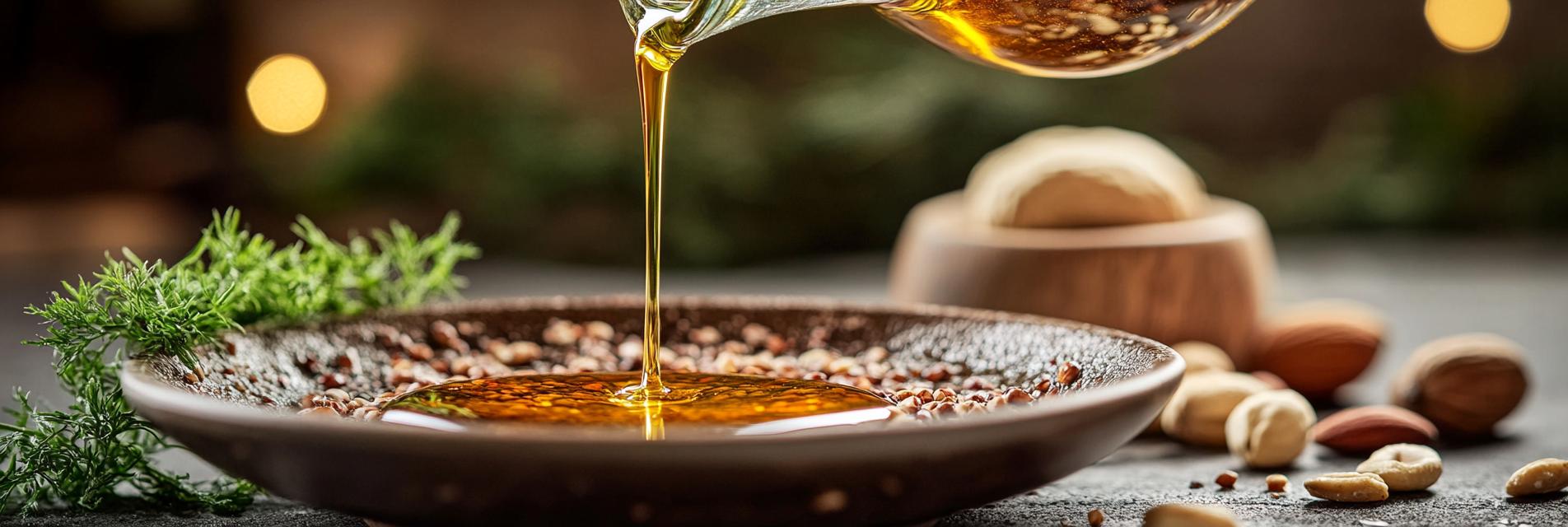
In the face of the global challenge of barren soil, the search for effective and sustainable solutions has become a top priority for farmers, environmentalists, and policymakers alike. Enter Cyperus esculentus var. sativus, a remarkable plant that is revolutionizing the way we approach soil improvement and sustainable agriculture. In this in - depth专题报道, we will explore how this unique plant can breathe life into the world's barren soils.
Cyperus esculentus var. sativus, also known as yellow nut sedge or tiger nut, belongs to the Cyperaceae family. It is a plant that has shown extraordinary adaptability. According to a study by the International Center for Agricultural Research in the Dry Areas (ICARDA), about 80% of yellow nut sedge can thrive in arid regions where annual precipitation is less than 300 mm. This natural adaptability reduces the need for large - scale irrigation, conserving precious water resources.

One of the most significant advantages of yellow nut sedge is its ability to improve soil quality. Its well - developed root system can penetrate deep into the soil, effectively enhancing soil aeration and water - holding capacity. A long - term field experiment has demonstrated that after three consecutive years of planting yellow nut sedge, the soil porosity in barren areas increased by an average of 20%, and the water - holding capacity increased by 15%. As the plant decomposes, it returns nutrients to the soil, gradually increasing soil fertility. This natural process reduces the dependence on chemical fertilizers, which is not only environmentally friendly but also cost - effective for farmers.
In addition to its soil - improving properties, yellow nut sedge is a delicious and nutritious food source. It is rich in protein, healthy fats, dietary fiber, and various vitamins and minerals. For example, every 100 grams of yellow nut sedge contains about 7 grams of protein, 25 grams of healthy fats, and 15 grams of dietary fiber. These nutrients make it an ideal ingredient for a variety of food products, such as energy bars, beverages, and bakery items.
There are numerous real - world examples of the positive impact of yellow nut sedge on barren soils. In a region of Africa, farmers introduced yellow nut sedge into their fields. After five years, the once - barren land became fertile enough to support the growth of other crops, such as wheat and maize. The yield of these subsequent crops increased by an average of 30% compared to before the introduction of yellow nut sedge.

Yellow nut sedge is truly a remarkable plant that offers multiple benefits. It not only addresses the pressing issue of barren soil but also provides a nutritious food source. Its environmental friendliness, coupled with its economic potential, makes it an attractive option for global procurement.
Our company is committed to providing high - quality natural products. We source the finest yellow nut sedge and process it using advanced technology to ensure the best quality. If you are a global buyer looking for sustainable and nutritious products, or if you are interested in collaborating with us, don't hesitate to reach out. Contact us today to explore the endless possibilities of yellow nut sedge!

